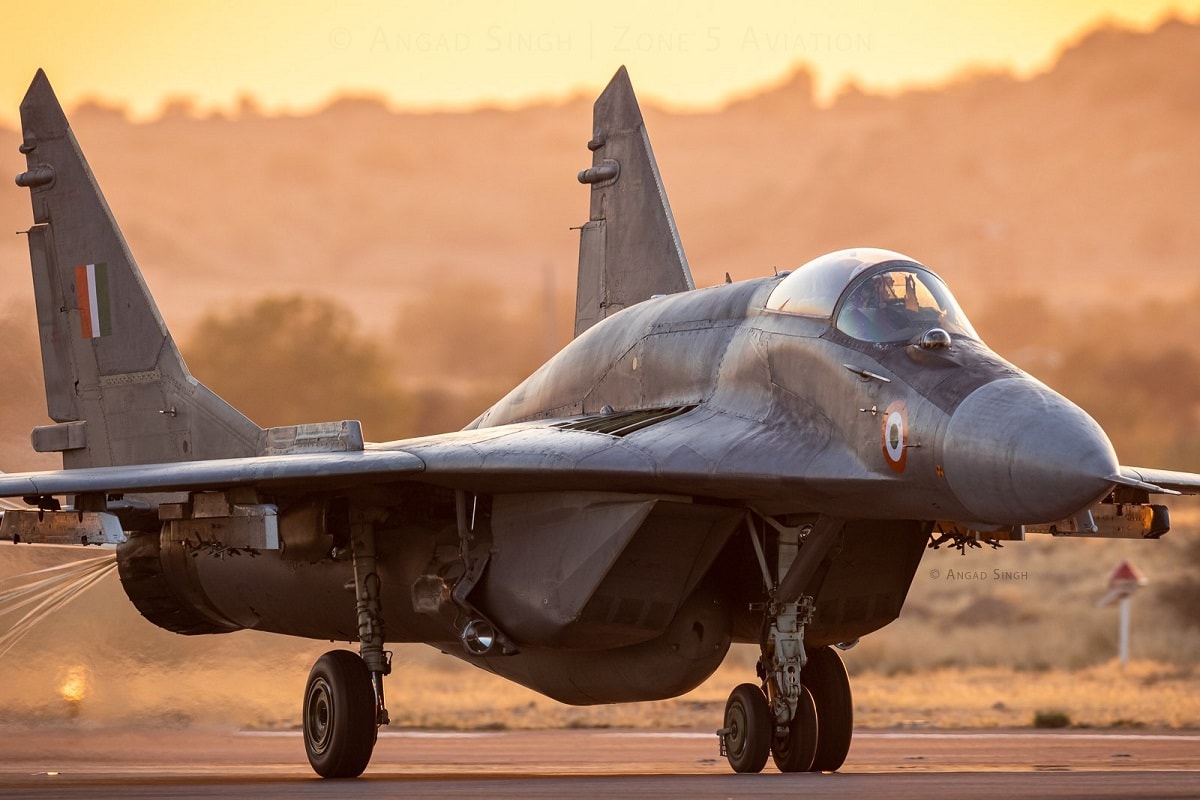Reports yesterday indicated that India plans to build 96 advanced fighter jets domestically. The announcement is consistent with India’s moves to counter China. It also advances India’s scheme to become more self-reliant, a concept the Modi government refers to as Aatmanirbhar Bharat. Indian Prime Minister Narendra Modi has popularized the term, Aatmanirbhar Bharat, which translates roughly to “self-reliant India.” The term is meant to apply to all aspects of Indian self-reliance, from COVID response to economics to infrastructure, and of course, to defense – an issue increasingly relevant on the Indian subcontinent.
India’s Response to Tensions with China
As China engages in a historic military expansion, world powers are taking note. Perhaps none more so than China’s ancient rival, India. In 2020, Indian and Chinese forces engaged in vicious hand-to-hand combat, using rudimentary weapons, while contesting the Sino-Indian border. Dozens of soldiers were killed.
Fortunately, the Himalayan mountain range has mostly prevented tensions between the world’s most populated nations from boiling over into large-scale war. Nevertheless, India is habitually wary of China. Given China’s ambitious expansion, from the Belt and Road Initiative to naval expansion and associated territorial claims in the South China Sea, to investments in Africa and Latin America, India has justified concerns about becoming “boxed in” by China. To counter, India is also expanding its armed forces, although not at the same pace as China.
“The Indian Air Force is planning to acquire 114 fighter jets of which 96 would be built in India,” the Business-Standard reported, the rest being “imported from the foreign vendor chosen for the project.” The usual suspects are all expected to compete for the lucrative contract, including Boeing, Lockheed Martin, Saab, MiG, Irkut, and Dassault.
India’s Current Air Force is Imported
At present, the Indian Air Force relies predominantly on imported aircraft – from an assortment of origins. Imported from the French, India operates 35 Dassault Rafales and 51 Mirage 2000s. From the Russians, 272 Sukhoi Su-30s and 65 MiG-29s. Cleverly, India has maintained cordial relations with both Russia and the U.S., so complementing India’s MiGs and Sukhois are American C-130s, C-17s, Ch-47 Chinooks, and most notably, AH-64 Apache attack helicopters.
India also has aircraft from Brazil, Germany, the United Kingdom, Switzerland, Slovenia, Spain, Ukraine, and Israel. The end result is surely one of the most eclectic air force compositions in the world. But now, the Modi government is actively pivoting towards a self-reliant, domestically grown air force.
Currently, India only has a handful of Indian-made aircraft. The most numerous, at 31 aircraft, is the HAL Tejas multirole fighter. Designed by Hindustan Aeronautics Limited, the Tejas is a single-engine, delta wing, light multirole fighter. The Tejas, the world’s smallest, lightest supersonic combat aircraft, came with a variety of shortcomings – the most concerning of which was the Tejas’ lack of combat endurance.
To address the lack of combat endurance, the Tejas was modified to include onboard fuel monitoring with an Integrated Environmental Control and Fuel Management (ECFM) system. Plus, the Tejas can now refuel with the Ilyushin II-78 tanker or the Sukhoi Su-30. New variants of the Tejas are expected to enter production in 2023-24 – and should complement the domestically-built advanced fighters that were announced this week, whenever those happen to be completed.
Harrison Kass is a Senior Defense Editor at 19FortyFive. An attorney, pilot, guitarist, and minor pro hockey player, he joined the US Air Force as a Pilot Trainee but was medically discharged. Harrison has degrees from Lake Forest College, the University of Oregon, and New York University. He lives in Oregon and regularly listens to Dokken.

